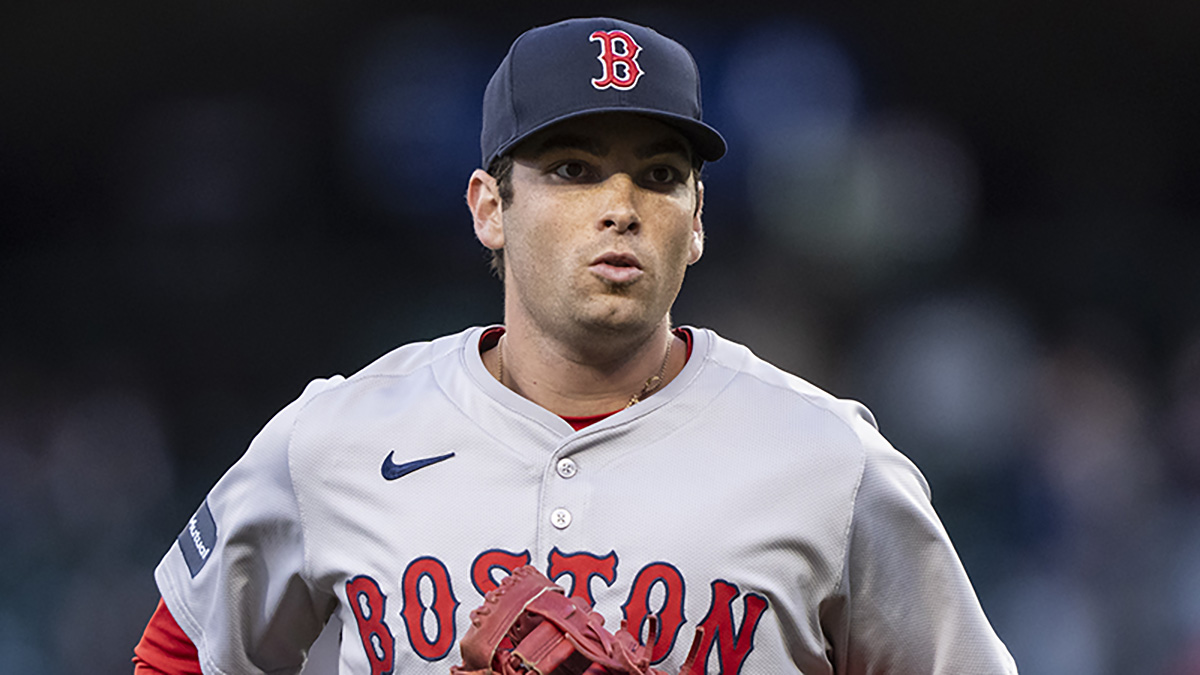
The NFL is closing in on labor peace with a new CBA expected to be in place before free agency begins on March 18.
So far, the likelihood of an expanded playoff field in each conference (seven teams), an added playoff game (2 vs. 7 in the first round) and the addition of a 17th regular-season game is getting most of the attention.
But when it comes to immediate local relevance, a new CBA is potentially good news for negotiations between Tom Brady and the Patriots. Without a new CBA in place, teams can't use the cap-protecting trick of inserting voidable years into a contract.
LIVE stream the Celtics all season and get the latest news and analysis on all of your teams from NBC Sports Boston by downloading the My Teams App.
The CBA is stocked with triggers in the final year of the pact that force both sides to the bargaining table to ensure labor peace. Preventing teams from having the ability to spread money into phony seasons so they can spread out cap hits is one of them.
With a new CBA in place before March 18, the Patriots can do what they did last year if they want to make Brady another one-year offer that's fairly lucrative. Just give a multi-year deal that "voids" after one season. That way, the cap hit for 2020 can be split over the life of the contract.
Of course, the price is paid eventually. Cap is not crap. The Patriots are already facing $13.5M in money charged to their 2020 cap whether Brady plays for them this year or not. If they do it again, they'll be compounding the charge.
The counterargument to that is this. Once the CBA is approved and the league re-enters negotiations with TV partners and starts to milk the gaming industry for profits, the annual salary cap (projected at $200M for this season) could rise quickly. So the percentage of the cap money kicked down the road is smaller than it appears now.
Local
In-depth news coverage of the Greater Boston Area.
While we're at it, here's a couple of musings on the CBA ...
There's been surprisingly little discussion about how gambling revenue will be divvied up under the new pact. The proposal on the table calls for the players' share of the pie to rise from 47 percent of gross revenues to 48.5 percent. But gambling represents a cash firehose for NFL owners that they've been standing at the end of for a few years with their 32 greedy mouths wide open.
Instead of paying attention to that, the NFLPA's membership is looking at the shiny object that is a 17th regular season game and wondering if it's good for them. Yes, of course it's good for them. A week of preseason games will be wiped out, practice squads will be expanded and an extra team will make the postseason, thereby giving more players playoff shares. Also, adding a game means more revenue for everyone when the new TV deal is worked out, meaning player health benefits will increase.
The veteran players with "tenure" who've gotten their second contracts may be squawking loudest right now and they'll shout down the easily-cowed younger players but it's barely even worth arguing. A 17th game is an easy ask. But the NFLPA should be watching owners closely for gambling chicanery.
Also, all the concern players registered over Article 46 and Roger Goodell's absolute power? All the complaints about getting weed legalized under the new pact? All the stuff that – three years ago we were told were going to be real sticking points at the bargaining table? Don't hear much about them right now. Know why?
The players actually got a kick-ass deal in 2011 that's only gotten better for them over the last nine years as the salary cap's risen from $133M in 2014 to north of $200M this year.



